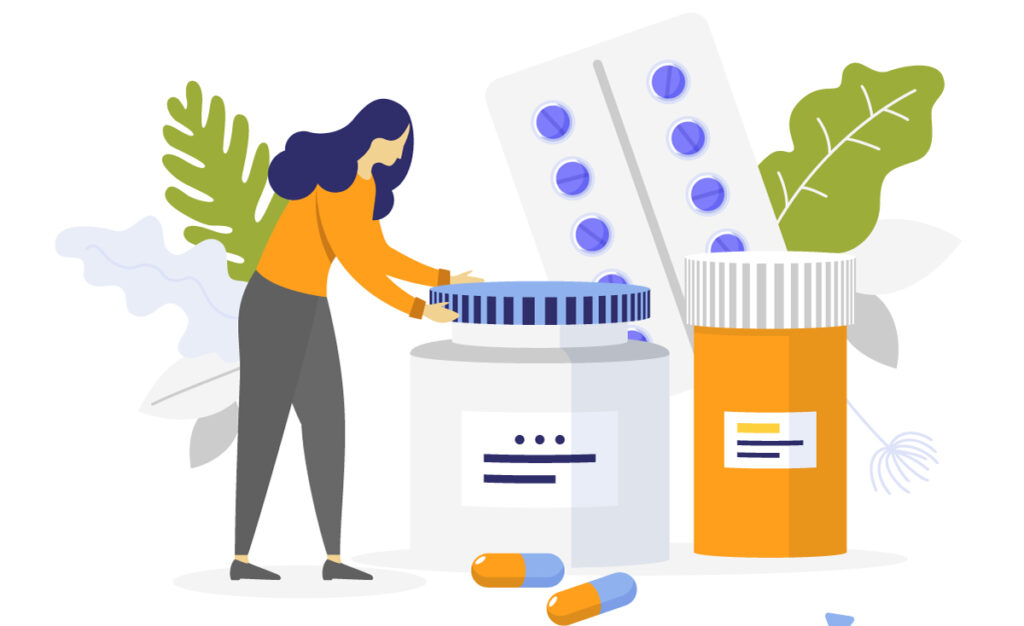An intensive outpatient program (IOP) is a flexible, individualized treatment program for patients who are battling substance use disorder. These programs involve individual and group therapy, as well as community-based sober support programs.
IOPs are flexible in scheduling and allow more time for daily life, which is important for long-term sobriety. Additionally, an IOP allows participants to continue living with their families instead of confined in a rehab facility. This gives patients more time for activities and hobbies that promote sobriety. IOPs also give participants the opportunity to build a strong support network.
At Alternative Counseling, IOP is typically provided at 9 hours of counseling per week, over the course of two months and includes individual counseling sessions and group sessions. It begins with a thorough assessment of the individual's needs to determine if IOP is an appropriate level of care for them. Individuals in the program learn about coping strategies and how to prevent relapse. They also gain insight into their triggers and how to deal with them effectively. Moreover, they can share their experiences with others in the program, and build their strengths by gaining support of their peers.
IOP includes evidence-based behavioral therapy. Intensive outpatient programs are highly recommended by the National Institute on Drug Abuse (NIDA). Another advantage of an IOP is that patients can live at home, and the program schedule can be tailored to fit around the patient's schedule.
In addition to being flexible, IOPs are also more cost-effective than partial hospitalization programs for substance use disorder. A typical intensive outpatient program consists of only three visits per week. These visits typically last three hours and vary depending on the diagnosis and the progress of the patient.
Intensive outpatient program (IOP) offers both individual and group therapy. During group sessions, clients learn about various addiction strategies and treatments. The therapist also provides individual therapy to help clients focus on specific issues. Although group therapy is an important part of IOP treatment, some patients may be uncomfortable talking about their problems in a group environment, at least at the beginning. To address this issue, IOPs often offer group sessions with smaller group sizes.
IOP treatment focuses on developing healthy coping mechanisms and preventing relapse. It also addresses the behaviors that led to addiction in the first place. Through individual and group sessions, patients learn new ways to cope with pain and increase joy in their life. Patients also learn how to reach out for support and protect their physical health.
Participants may also receive counseling outside the program. A 12-step program is an example of this, as well as mental health counseling; these programs help addicts identify and work through issues with their family members outside of their treatment. It is important to understand that these programs are not designed to replace inpatient treatment, when it is needed, but in some cases can become acceptable and effective alternatives.
In addition to psychotherapy and counseling, intensive outpatient treatment for substance use disorders might include pharmacotherapy.
In addition to psychotherapy and counseling, intensive outpatient treatment for substance use disorders might include pharmacotherapy.

© 2022 Alternative Counseling. All rights reserved. | Developed by CAST design team